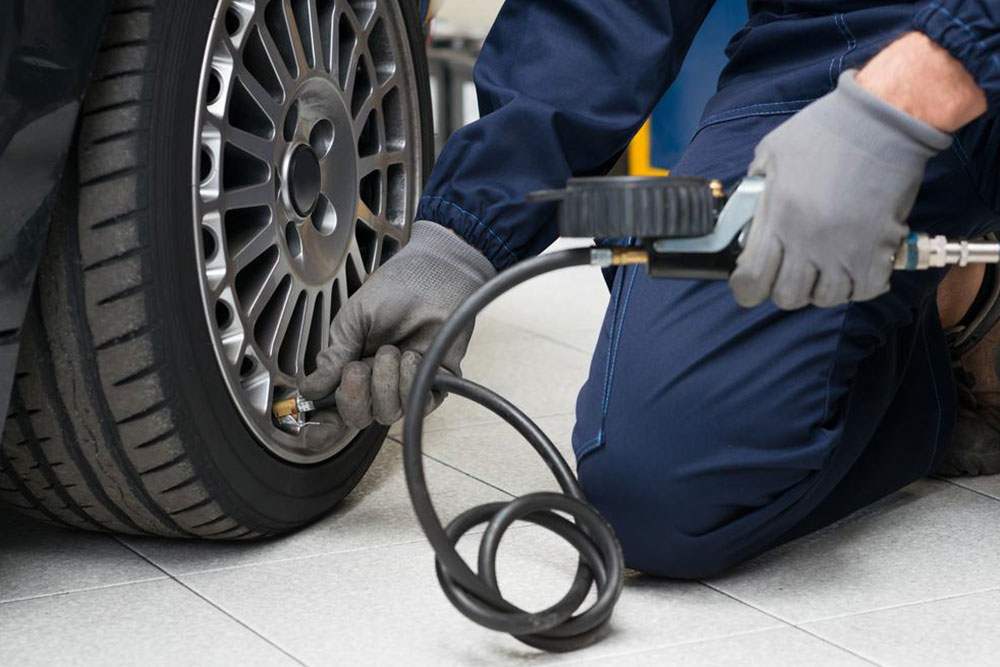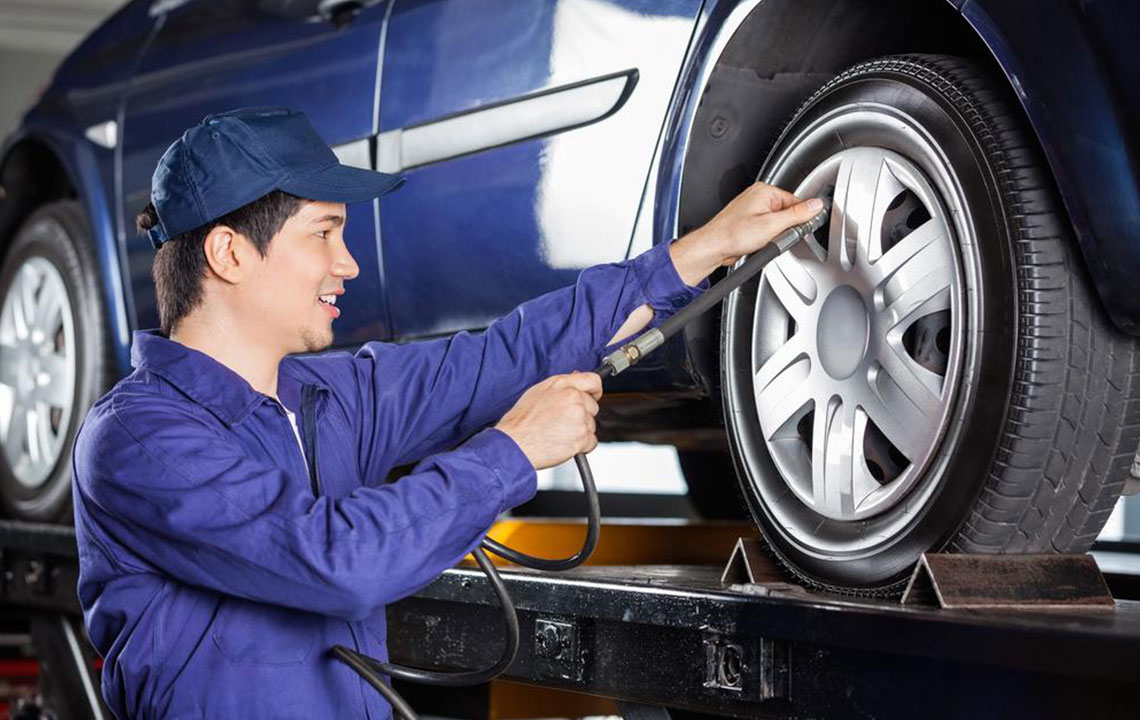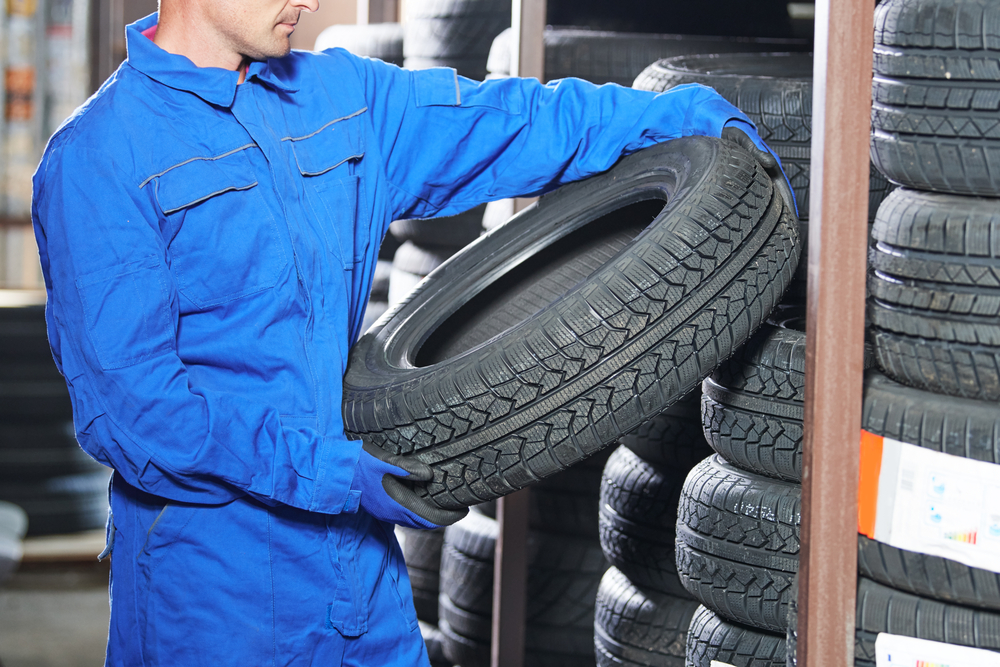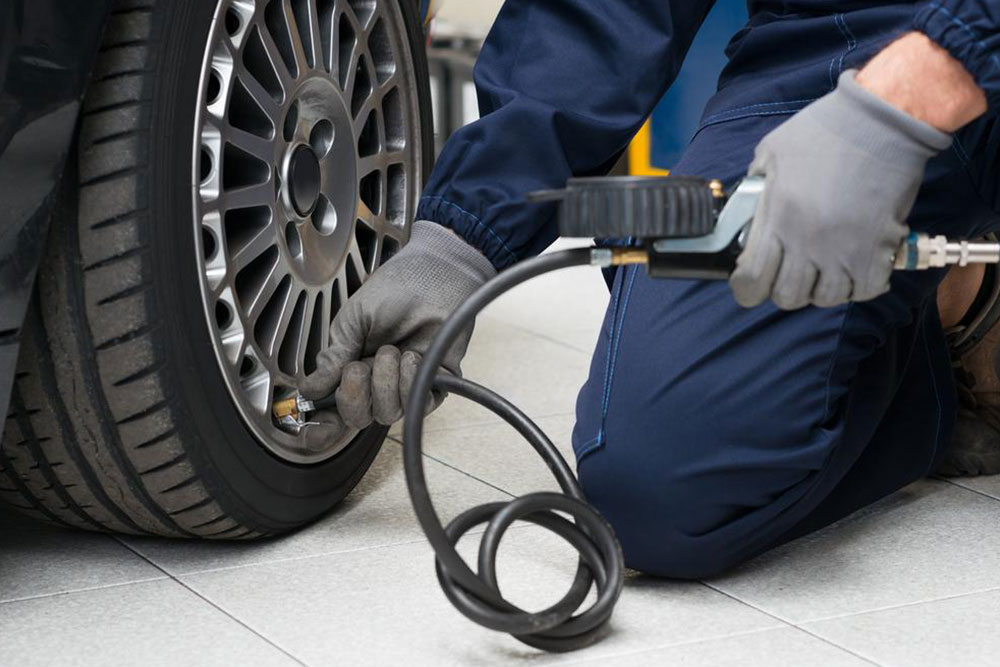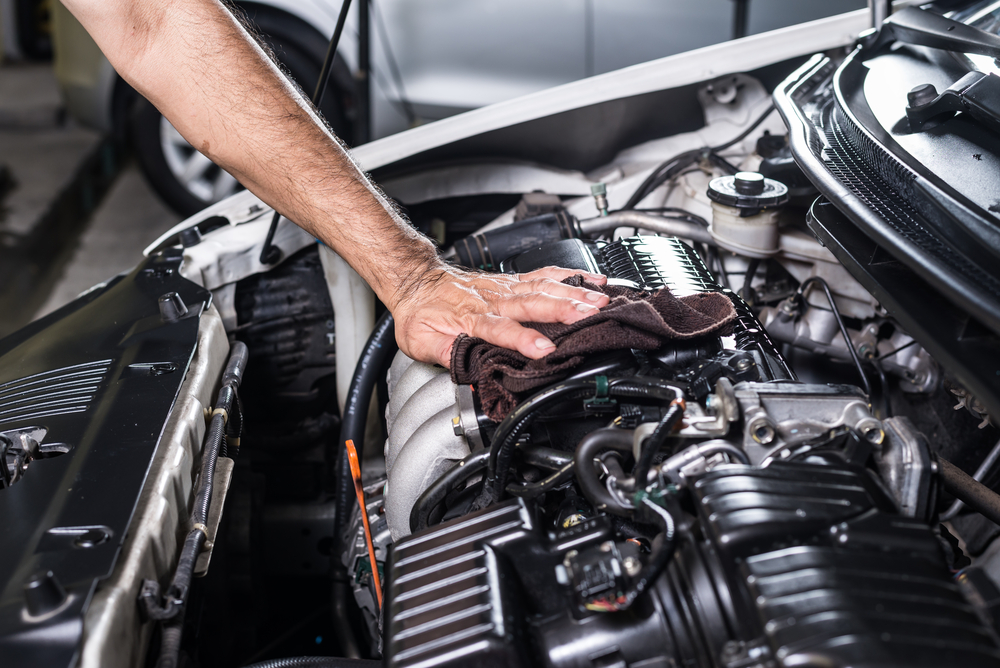Expert Strategies to Maximize Your Tire Longevity and Safety
Maximize your vehicle’s safety and efficiency by following expert tips on tire maintenance. Regular checks, proper inflation, rotation, and professional alignment are essential for extending tire lifespan. Learn how attentive driving habits and routine inspections can prevent costly replacements and enhance safety on the road. Proper tire care not only improves handling but also contributes to better fuel economy and vehicle performance, making it a vital aspect of vehicle maintenance. Stay proactive with your tire health for safer, smoother driving experiences.

Expert Strategies to Maximize Your Tire Longevity and Safety
Your vehicle’s tires are more than just rubber contact patches on the road; they are crucial safety components that influence handling, fuel efficiency, and overall driving comfort. Proper maintenance and care of your tires can significantly extend their lifespan, reduce repair costs, and ensure safer journeys. Understanding the importance of regular inspections and adopting the right maintenance habits are vital for every vehicle owner aiming for optimal performance and safety.
Since tires bear the full weight of your vehicle and are exposed to various road conditions, their condition directly impacts ride quality and safety. Proper tire maintenance not only prevents unexpected failures but also enhances driving efficiency, saves money on replacements, and maintains high safety standards on the road.
Here are comprehensive strategies and expert tips to help you maintain your tires in top condition for a longer duration:
Consistent Tire Pressure Monitoring – Maintaining the correct tire pressure is critical for optimal performance and safety. Underinflated tires can lead to uneven wear, higher risk of blowouts, and increased fuel consumption. Conversely, over-inflated tires may reduce traction and cause a harsher ride. Regularly check your tire pressure using a reliable gauge, ideally once a month, and before long trips. Adjust the pressure to match the manufacturer’s recommended PSI levels, which can usually be found in your vehicle’s owner’s manual or on the driver’s side door jamb. Ensuring proper inflation helps distribute wear evenly, improves fuel economy, and enhances safety.
Scheduled Tire Rotation – To promote even wear and extend the lifespan of your tires, regular rotation is essential. Most experts recommend rotating your tires approximately every 5,000 to 7,000 miles, but this can vary based on vehicle type and driving conditions. Front tires often wear faster due to steering and drive forces, especially in front-wheel-drive cars. By rotating tires, you facilitate uniform wear across all four, which prevents premature replacement of specific tires and maintains optimal traction. Consulting your vehicle manual or a professional mechanic can help establish a tailored rotation schedule for your vehicle.
Driving Habits and Road Awareness – Your driving style plays a significant role in tire longevity. Smooth acceleration, gentle braking, and avoiding aggressive maneuvers reduce stress on the tires. Speeding and sudden stops accelerate tread wear, increasing the risk of damage. Additionally, staying vigilant on the road helps prevent impacts with debris, potholes, and sharp objects that can puncture or cut tires. When encountering obstacles, slow down and navigate carefully. Also, avoid excessive cornering or overloading your vehicle, as these can put extra strain on the tires, leading to faster degradation.
Regular Visual Inspections – Conduct routine visual checks for signs of tire damage, such as cuts, cracks, bulges, or embedded objects. Check the tread depth to ensure it remains above the legal minimum (usually 2/32 inch) — consider using a tread depth gauge for accuracy. Uneven wear patterns could indicate alignment issues or suspension problems that need professional attention. Addressing minor issues early prevents them from escalating into safety hazards or expensive repairs.
Professional Tire Maintenance and Alignment – Periodic visits to a tire specialist or automotive service center ensure proper wheel alignment and balancing. Misaligned wheels cause uneven tread wear and impair vehicle handling. Proper alignment also improves fuel efficiency and prolongs tire life. Additionally, balancing ensures that the weight is evenly distributed around the tire and wheel assembly, preventing vibrations and uneven wear.
Choosing Quality Tires and Proper Storage – Invest in high-quality tires suitable for your driving needs. Low-quality or incompatible tires wear out faster and may compromise safety. When not in use, store spare or seasonal tires in a cool, dry, and dark environment to prevent deterioration. Proper storage prevents cracking, weathering, and degradation of rubber compounds, ensuring they remain in good condition for longer use.
Be Mindful of Load Limits and Speed Ratings – Always adhere to the vehicle’s load capacity and speed recommendations. Overloading can cause excessive heat buildup and increased tire wear, while exceeding the vehicle's speed rating can lead to tire failure. Paying attention to these specifications helps maintain optimal tire performance and safety.
Incorporating these expert tips into your routine can dramatically extend the life of your tires, ensure safer driving conditions, and save money over time. Regular maintenance, attentive driving habits, and timely professional checkups form the foundation of tire longevity. Remember, your tires are one of the most vital safety elements of your vehicle, so giving them the proper care is investing in your safety and peace of mind on every journey.
